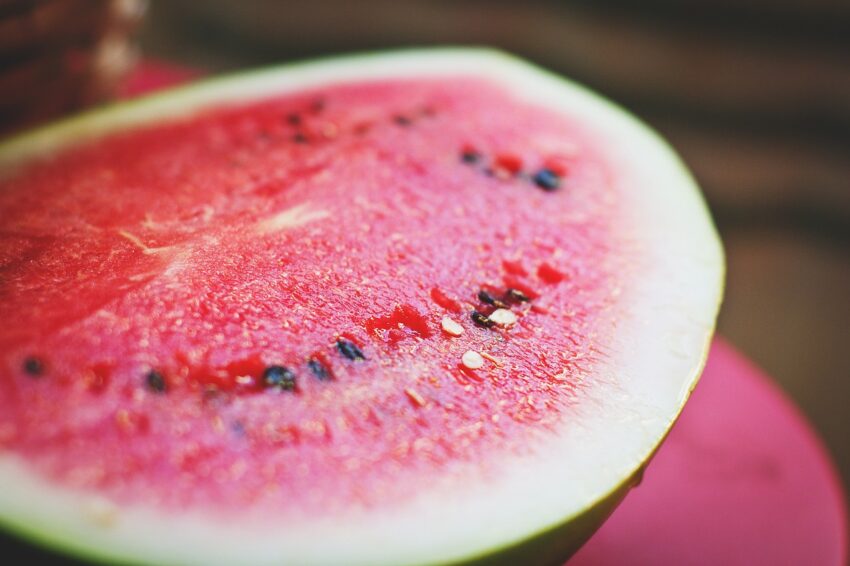Watermelon and Its Benefits
Watermelon is a delicious and refreshing fruit that is widely consumed around the world, especially during the summer months. Belonging to the Cucurbitaceae family, watermelon (Citrullus lanatus) is known for its high water content, sweet taste, and numerous health benefits.
Nutritional Value of Watermelon
Watermelon is composed of about 92% water, making it one of the most hydrating fruits. It is also low in calories, with approximately 30 calories per 100 grams. Despite its low caloric content, it is packed with vitamins, minerals, and antioxidants.
Key Nutrients found in Watermelon include:
Vitamin C – Boosts immunity and promotes healthy skin.
Vitamin A – Essential for eye health and overall growth.
Potassium – Helps regulate blood pressure and maintain heart health.
Lycopene – A powerful antioxidant known for its role in reducing inflammation and preventing certain diseases.
Amino Acids (Citrulline) – Aids in improving circulation and reducing muscle soreness.
Magnesium – Supports nerve function and muscle relaxation.
Health Benefits of Watermelon
1. Keeps You Hydrated
Given its high water content, watermelon is an excellent fruit for hydration. It helps replenish body fluids, especially during hot weather, preventing dehydration and maintaining optimal body function.
2. Supports Heart Health
Watermelon contains lycopene, a powerful antioxidant that may help reduce the risk of heart disease by lowering cholesterol levels and blood pressure. Additionally, the presence of potassium aids in maintaining healthy blood circulation and reducing the risk of cardiovascular issues.
3. Improves Digestion
The water and fiber content in watermelon support healthy digestion by promoting regular bowel movements and preventing constipation. This makes it a great choice for individuals looking to maintain a healthy digestive system.
4. Promotes Healthy Skin and Hair
Vitamin C and vitamin A in watermelon play a crucial role in maintaining skin health. Vitamin C aids collagen production, which helps keep skin firm and youthful, while vitamin A supports skin repair. The hydration properties also help keep the skin moisturised and glowing.
5. Supports Weight Loss
Since watermelon is low in calories and high in water content, it makes for a great snack for those trying to lose weight. It provides a feeling of fullness without adding excessive calories, thus preventing overeating.
6. Reduces Muscle Soreness
Watermelon contains citrulline, an amino acid that helps reduce muscle soreness and improve exercise performance. Drinking watermelon juice after a workout can speed up muscle recovery and reduce fatigue.
7. Aids in Reducing Inflammation
Lycopene and vitamin C in watermelon help reduce oxidative stress and inflammation, which are linked to chronic diseases like arthritis and cancer. Regular consumption of watermelon can support overall well-being and prevent inflammatory conditions.
8. Supports Eye Health
Watermelon is rich in beta-carotene and vitamin A, both of which are essential for good vision. These nutrients help prevent macular degeneration and other age-related eye issues.

Ways to Enjoy Watermelon
Watermelon can be enjoyed in various forms, such as:
Freshly sliced as a snack.
Blended into smoothies or juices.
Mixed in fruit salads.
Grilled for a unique twist.
Used in desserts like sorbets and popsicles.
Conclusion
Watermelon is not just a tasty fruit but also a nutritional source with numerous health benefits. Its ability to hydrate, support heart health, improve digestion, enhance skin and hair health, and reduce inflammation makes it a valuable addition to a balanced diet. Whether eaten fresh or in creative recipes, watermelon remains one of nature’s best gifts for overall well-being.

